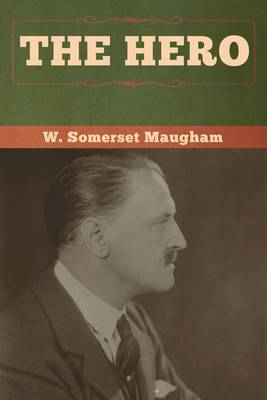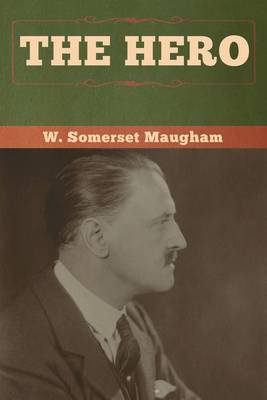
- Afhalen na 1 uur in een winkel met voorraad
- Gratis thuislevering in België vanaf € 30
- Ruim aanbod met 7 miljoen producten
- Afhalen na 1 uur in een winkel met voorraad
- Gratis thuislevering in België vanaf € 30
- Ruim aanbod met 7 miljoen producten
Omschrijving
William Somerset Maugham, CH (25 January 1874 - 16 December 1965), better known as W. Somerset Maugham, was an English playwright, novelist, and short story writer. He was among the most popular writers of his era and reputedly the highest-paid author during the 1930s.
Both Maugham's parents died before he was 10, and he was raised by a paternal uncle who was emotionally cold. He did not want to become a lawyer like other men in his family, so he trained and qualified as a physician. The initial run of his first novel Liza of Lambeth (1897) sold out so rapidly that he gave up medicine to write full-time.
During the First World War, he served with the Red Cross and in the ambulance corps before being recruited in 1916 into the British Secret Intelligence Service, for which he worked in Switzerland and Russia before the October Revolution of 1917. During and after the war, he travelled in India and Southeast Asia, and those experiences were reflected in later short stories and novels.
In 1947 Maugham instituted the Somerset Maugham Award, awarded to the best British writer or writers under the age of thirty-five for a work of fiction published in the past year. Notable winners include V. S. Naipaul, Kingsley Amis, Martin Amis and Thom Gunn. On his death, Maugham donated his royalties to the Royal Literary Fund.
Other writers acknowledged his work. Anthony Burgess praised his influence. Ian Fleming noted that he wrote the short story "Quantum of Solace" as an homage to Maugham's writing style. George Orwell said that Maugham was "the modern writer who has influenced me the most, whom I admire immensely for his power of telling a story straightforwardly and without frills." In his novel Misery, Stephen King places a rich collection of Maugham's books in the house where most of the plot is set, and incidentally praises Maugham's mastery of storytelling. (wikipedia.org)
Specificaties
Betrokkenen
- Auteur(s):
- Uitgeverij:
Inhoud
- Aantal bladzijden:
- 182
- Taal:
- Engels
Eigenschappen
- Productcode (EAN):
- 9781618959690
- Verschijningsdatum:
- 7/01/2020
- Uitvoering:
- Paperback
- Formaat:
- Trade paperback (VS)
- Afmetingen:
- 152 mm x 229 mm
- Gewicht:
- 272 g

Alleen bij Standaard Boekhandel
Beoordelingen
We publiceren alleen reviews die voldoen aan de voorwaarden voor reviews. Bekijk onze voorwaarden voor reviews.











